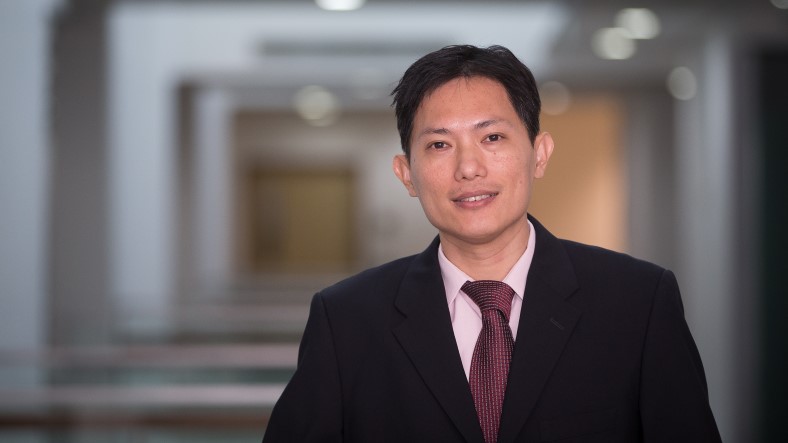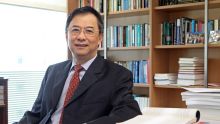Shine on: Award-winning technology supports sustainable ageing-in-place

Why SMU-TCS iCity Lab’s SHINESeniors project won the AI & Augmented Humanity category at the 9th annual SuperNova Awards by Constellation Research, Inc.
Based on current demographic trends, the number of citizens aged 65 and above in Singapore is expected to reach 900,000 by 2030. Which means that 1 in 4 Singaporeans will be in that age group.
Technology can go a long way to enable these senior citizens to age-in-place, whereby they can stay within the comfort of their homes and familiarity of their neighbourhoods, and with minimal disruptions to their lives and activities. And that’s exactly the approach taken by a collaboration between Singapore Management University and top tech firm Tata Consultancy Services’ (TCS) through the SMU-TCS iCity Lab’s SHINESeniors project .
Assisted Living
The SHINESeniors project features an Assisted Living Platform (ALP) comprising sensors, a data hub, custom-built Internet of Things software, and an algorithm that analyses the collected data with various machine learning approaches.
What this means: the ALP enables seniors’ homes to be equipped with unobtrusive technology that can monitor activities such as periods of movement and rest, and the ingestion of medication. If data patterns diverge from their regular behaviour, the system can alert caregivers, who can then step in to provide necessary support. This system aims to help seniors live independently, with technology acting as a safety net, and community caregiving providing a human touch.
The ALP was installed for three years in the homes of 90 seniors living alone, allowing the team to gather data that enabled them to understand what typical routines looked like for each of these individuals, and training the system to predict phenomena such as risk of social isolation and trigger the implementation of early assistance or intervention. The team worked with a caregiver network that included volunteers from GoodLife!, Thye Hua Kwan Moral Charities, the former Eastern Health Alliance and NTUC Health.
On November 6, 2019, this SHINESeniors project won the AI & Augmented Humanity category at the 9th annual SuperNova Awards by Constellation Research, Inc. These awards celebrate the transformative use of emerging and disruptive technologies, and the AI & Augmented Humanity category in particular lauds organisations and individuals who make effective use of machines that possess the intelligence and learning capabilities of humans for better organisational outcomes.
“We are humbled to win the award, and are thankful for all the support from TCS, the caregiver network and all other parties involved who helped us bring this project to life,” said SMU-TCS iCity Lab’s Academic Director and Associate Professor of Information Systems Tan Hwee Pink.

Augmented Humanity
“Augmented Humanity – or how technology is used to join person and machine – perfectly describes how in SHINESeniors, elderly individuals live their day-to-day lives in harmony with unobtrusive in-home sensors, and as a result, community caregivers are equipped with data-driven insights accessible immediately through their day-to-day personal devices to improve caregiving,”
“TCS is pleased that the SMU-TCS iCity Lab has been recognised with this prestigious award,” said K Ananth Krishnan, Chief Technology Officer of TCS. “We believe that the central learning from SHINESeniors, that is the use of user-centric design and the power of technology to drive exceptional experiences, lays the foundation for innovation in many future contexts.”
Said Ray Wang, Principal Analyst and Founder of Constellation Research, Inc: “In 2019, the SuperNova Awards were more competitive than ever, and the category of Artificial Intelligence is one of the most complicated categories to win. The pioneering assisted living solution shows what amazing work humanity can accomplish when we bring technology, a noble mission, and caring people together to craft care for the elderly. Professor Tan’s and TCS' work to provide care and personalisation at scale enables future models to be created by others. We congratulate him and his team for designing the future of ‘Wellness and Living’.”
Listen to Associate Professor Tan Hwee Pink: Improving the quality of care for the elderly with technology.


